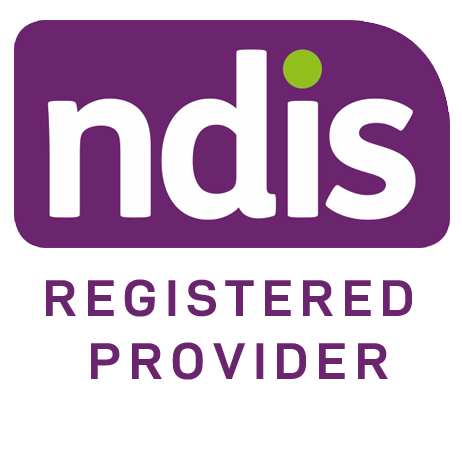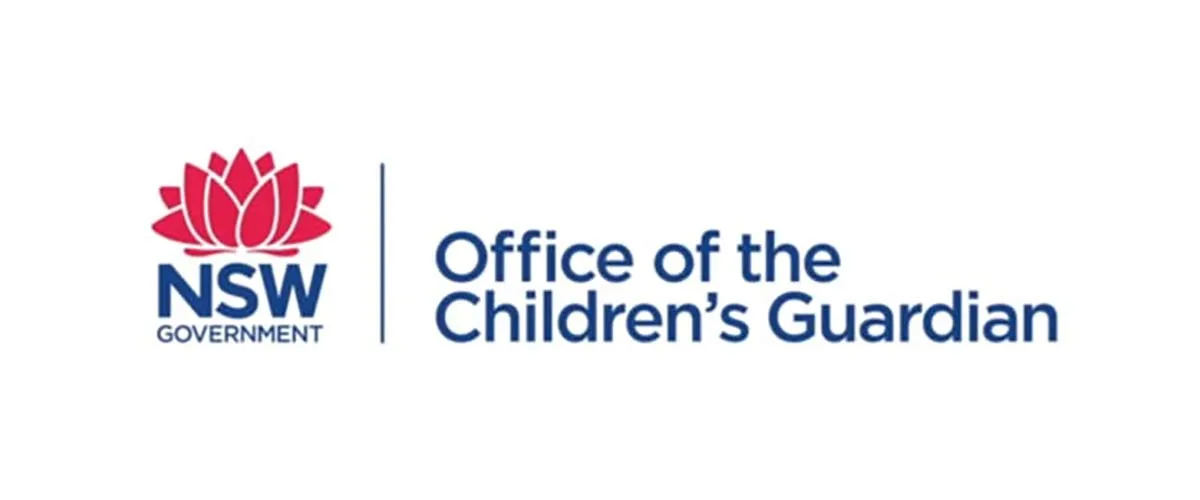“The participant should be the one who defines what safety is for them” – Group Member
What we talked about:
Topic 1: Sector-led co-design approach update
We recognise the importance of sector-led co-design. The NDIA has engaged People With Disability Australia (PWDA), Disability Advocacy Network Australia (DANA), Carers Australia and National Disability Services (NDS) will each deliver a series of co-design sessions on improving our risk assessment and safeguarding processes..
This approach reflects feedback that people prefer to talk with trusted organisations they know, rather than talk directly with the NDIA.
It also recognises the likelihood of sensitive topics being discussed in the workshops, and supports participants, carers, and service providers to be amongst peers so they can share openly and comfortably.
Topic 2: Risk based decision making
The co-chair spoke about work to develop four policies to support work for the new framework planning, looking at plan management, funding periods, plan duration and restrictions on flexible budget. We talked about real-life examples to better understand what the NDIA needs to consider for effective policies.
Topic 3: Understanding your rights – positive behaviour support
The NDIS Quality and Safeguards Commission (the Commission) shared information about how they are working towards eliminating unauthorised restrictive practice (URPs). Part of their work focuses on helping new providers to learn the rules and checking they comply.
They also focus on ensuring behaviour support providers are writing plans on time for participants. If providers do not meet the timelines, the Commission asks why and acts when needed.
The Department of Social Services (DSS) are working with the NDIS Commission on a joint plan to reduce and eventually stop the use of restrictive practices.
Working with the Australian Institute of Health and Welfare, they are building an evidence base by looking at how each state and territory define and reports on restrictive practices and testing what works best across different settings.
What we heard:
The sector-led co-design approach was broadly supported, although some members welcomed an opportunity for mixed group sessions. Members discussed the advantages and disadvantages of separate and mixed groups.
Working Group members would like an opportunity to input into the development of risk-based decision making polices.
What we agreed on:
Considering our key co-design questions, Working Group members agreed safety should be defined by each participant and reflect their individual experiences. (“I do not talk about being ‘safe’ in my life. When I talk to people escaping domestic violence or living in a group home they talk about “how do I complain? how do I report this?”). NDIA will continue to engage with this Working Group to progress risk-based decision making policies.
NDIA will seek out information to understand how they can learn from previous decision making frameworks in the aged care sector.
What we will do next:
We will publish a summary from this meeting on our website, endorsed by the co-chairs.
The Working Group will meet again on Tuesday, 24 June 2025, from 2-4pm (Australian Eastern Standard Time).
Who we met with
Participants, Disability Representative and Carer Organisations, Independent Advisory Council and Reference Group members, subject matter experts and NDIA staff.



